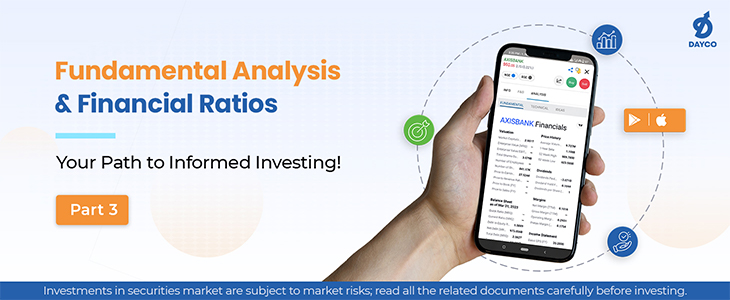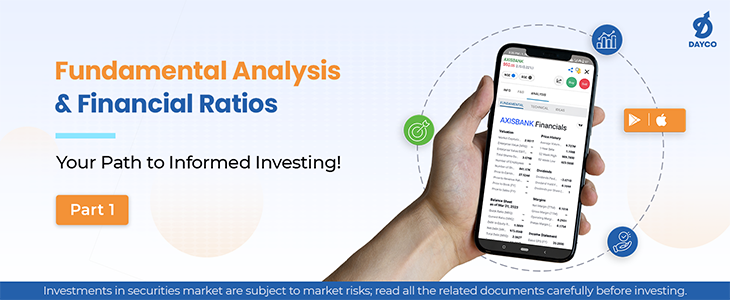Welcome back! We’re thrilled to present the third installment in our series of blogs delving into the captivating realm of fundamental analysis and financial ratios. If you’ve been following along, you’re already well-versed in the art of assessing a company’s valuation and profitability. Now, it’s time to unveil the next layer of insights as we embark on a journey to gauge the financial strength of companies. In this blog, we’ll equip you with the knowledge and tools needed to dissect a company’s financial health. Just as a physician examines various vital signs to determine the well-being of a patient, we …
Understanding Fundamental Analysis & Financial Ratios- III: Financial Strength

























